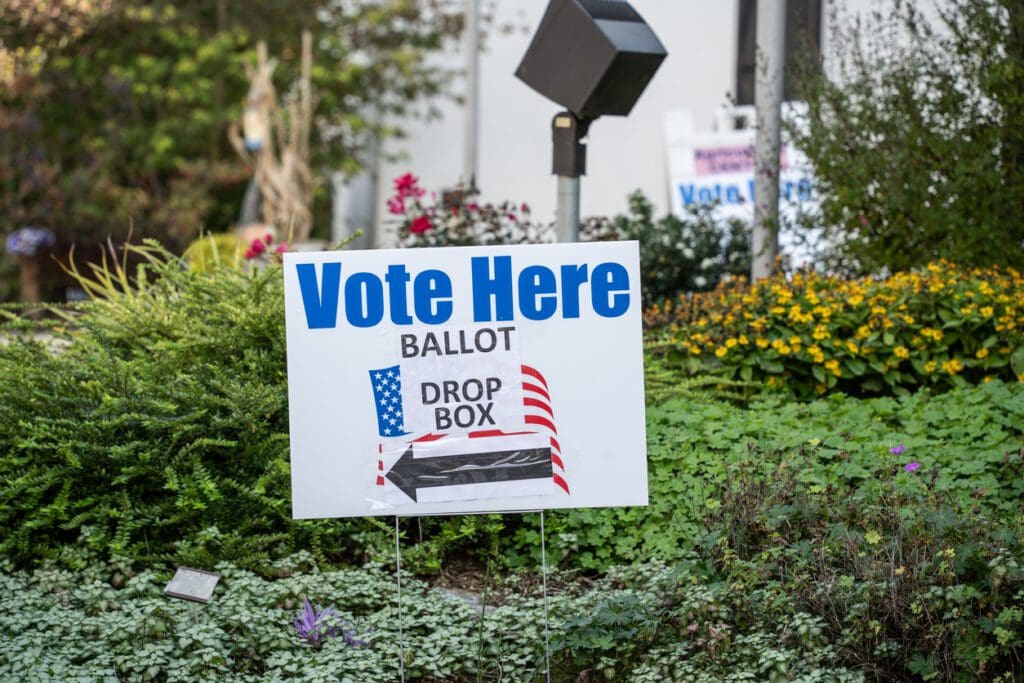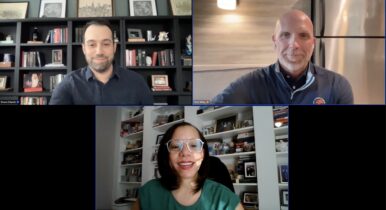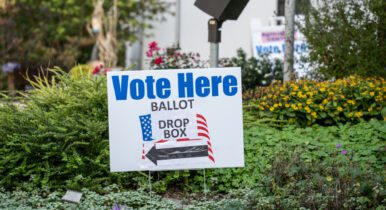How One GOP Consultant Learned to Love Banking Early Votes

Republican candidates leaning into vote-by-mail and absentee-ballot-chase programs are having success in primaries, which could lead to wider adoption of some early-vote strategies that the GOP has been slow to embrace.
Derek Dufresne, a partner and chief strategist at Ascent Strategic, recalled that banking absentee ballots and early votes is what got now-Rep. Kat Cammack through a 10-way primary in Florida’s 3rd district in 2020.
“We certainly had the resources we needed to compete, but I think the successful campaigns are the ones that are focusing on the voters that can actually vote at that time,” he said, noting that in that primary four years ago “a majority of our opponents didn’t run any [absentee ballot or early vote] programs.”
Now, he said, “it’s important to work from Election Day backwards when you’re talking about your GOTV programs.”
Dufresne continued: “In this day and age, as more and more voters do become comfortable with their own state’s programs of absentee and early vote, you need to be building your campaign plans back from when early vote or absentee ballots start. And that doesn’t always mean you have to be up on TV, but that means that you better make sure that you’re in their text messages, in their emails, in their mailboxes, in whatever strategic way it works.”
Dufresne’s shop has been staffing up for the cycle, bringing on David Haren and Whitaker McKenzie, a graphic designer and account executive respectively, and promoting Mark Warner to director of client success, Austin Buholtz to senior account executive, Lee-Ann Bender to VP of operations and Amanda Biundo to VP of creative and marketing.
“It’s definitely the time of year where we need to be adding some more folks and also rewarding new people with bringing them into more responsibilities within the company,” said Dufresne.
Still, he wouldn’t call it an easy process.
“It is really difficult to hire in this industry, whether you’re talking the creative side, whether you’re talking the operations side,” he said. “When you find good people, you want to make sure that you keep them around. And that’s been our mindset as a smaller firm — but one that wants to keep the talent that we have and not necessarily have to go cycle-by-cycle to find new folks that want be a part of our team.”
The firm, which started over a decade ago, is now balancing work on congressionals with super PAC work. As some clients exit their primary campaigns, Dufresne is looking to the general, but isn’t prepared to discount persuasion as a tactic for 2024 — at least not yet.
“I think that there’s still some races where persuasion matters,” he said. “I think persuasion matters best when you start early. I think you need to be inoculating your candidates on what you expect the major hits to be coming from the other side before they happen, but certainly turnout.
“And I think that ties into a very aggressive absentee ballot early ballot program, making sure that you’re really trying to focus the limited resources that almost every campaign has on talking to the voters who can actually vote or who are likely to vote.
He added: “Turnout’s going to matter [as well.] There’s going to be some element of persuasion, but if it’s an explosive election — as is very possible — really making sure that you’re doing everything you can to pick off the voters on the margin is going to be crucial.”


